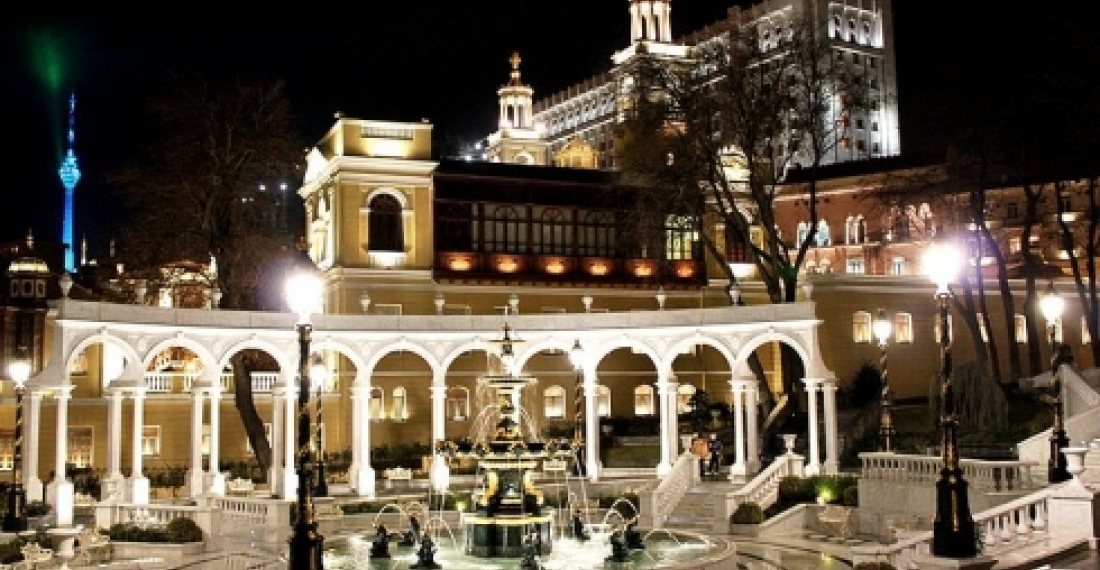After the stupendous victory of the 2011 Eurovision Song festival by the talented Ell and Nikki Azerbaijan has already started preparing itself for what is likely to be the biggest party in its history. The Eurovision Song Festival is an excuse for a good party in any case, yet there is no doubt that the Government of Azerbaijan will use the event to boost the image of the country as a modern, confidant and successful country.
The city of Baku has been undergoing a major facelift for several years. Regular visitors to the city are amazed at the changes they see from one visit to another. This process is likely to be accelerated in the run up to next year's Eurovision, an event which will see thousands of European visitors descend on historic city on the shores of the Caspian Sea.
The event will not be without its complications. A close focus on Azerbaijan will show more than simply beautiful tourist attractions. Two days before its Eurovision victory Azerbaijan was crticisied by the European Parliament for its treatment of journalists, human rights activists and social media bloggers. There is than the thorny issue of the state of relations with Armenia, a country with which Azerbaijan is still technically at war. Armenia is also a participant at Eurovision. Will the Armenian participant be welcomed in Baku in the spirit of Eurovision?
The Eurovision Song festival is a relaxed cultural event. it should not be policitised. On the other hand if Baku wants to use it to showcase a modern successful country it needs to do more than show glitzy shopping malls and theatres.
Photo: The Azerbaijan State Philarmonia, with the President's Office in the background
Source: prepared by the commonspace.eu editorial team







